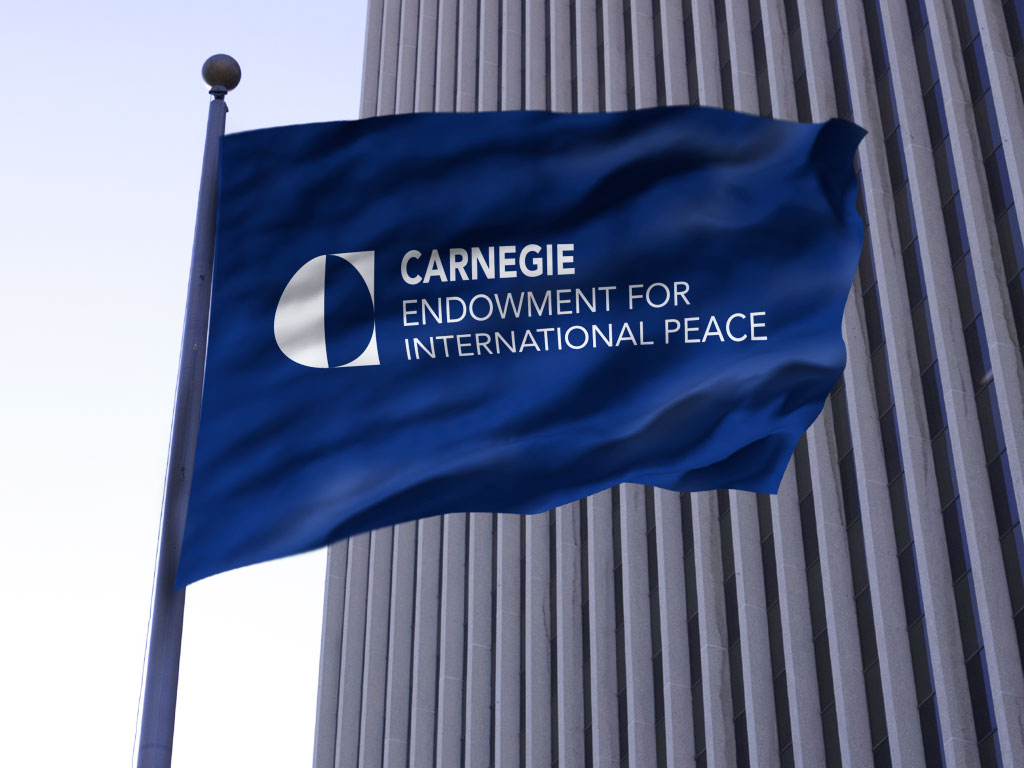The Carnegie Endowment for International Peace (Washington, DC) and PaperLab (Astana) are collaborating on an effort to create a Eurasian leadership network that brings together rising next generation analysts and experts from Central Asia (Kazakhstan, Kyrgyzstan, Tajikistan, Turkmenistan, and Uzbekistan) to examine the changing dynamics between states and societies across the region.
Participants will come together in Almaty, Kazakhstan in June 2019 for in-depth analytical discussions and a policy-development brainstorming workshop aimed at identifying and evaluating a range of social, economic and political challenges that confront the states of Central Asia. The workshop will identify potential policy responses for Central Asian governments and the international community to address these challenges and will explore the role of societies in adapting to demographic, economic, geopolitical, climate and technological change.
Those selected to participate in the network will be asked to draft short commentaries on a subset of these topics to present at the workshop, which will touch on the changing experiences of citizens amid rising demographic pressures, growing economic problems, and the shifting international landscape around Central Asia.
The changing geopolitical landscape is visible with the U.S. disengaging from the region, Russia seeking to reassert itself, and China increasingly driving economic activity. Topics concerning geopolitical change should how these changes impact societies and people in the region. These brief commentaries will help jumpstart discussions at the workshop with Carnegie scholars and other local experts. The most promising of the commentaries will be published by the Carnegie Endowment as part of a conference report and used during follow-on briefings for policy makers and other stakeholders. There are opportunities for a select number of participants to travel to Washington, DC in the summer of 2019 to present at the Carnegie Endowment their findings based on the workshop discussions, as well as to participate in possible future workshops in Central Asia.
Questions of particular interest are:
• What does the future hold for Central Asian society given economic difficulties and rising authoritarianism across world? What are the prospects for reinvigorating the free flow of information (media) through the technological changes (social media, increased smart phone usage, globalized internet) that are occurring in the region?
• What role will religion play in the coming years, as the post-Soviet generation gears up to assume positions of influence in Central Asian state and society? How do perceptions of radicalization and fears of instability from Afghanistan, Iran, the Middle East or elsewhere color state and society perspectives towards Islam?
• Does growing religiosity and nostalgia for pre-Soviet traditional societies invigorate patriarchal sentiments in Central Asia? Is the landscape for women's political and economic participation changing? Is there space for gender equality movements?
• How do shifting demographics (rural to urban migration, youth boom, growing interest in Islam) impact public and private notions of cultural and national identity?
• How do rising perceptions of external threats (security or economic) from regional powers and/or Afghanistan play into the rise of nationalism and populism in the region?
• How are social services (including health care, education and social welfare systems) adapting to this demographic change? What role should government and societies alike play in addressing gaps in these services?
• Are Central Asian states' responses to changing demographics and the bottom-up rise of nationalism adequate, particularly as they balance shifting geopolitical realities? How is civil society responding?
• What are the main motivations of government-led political reform (as most visibly seen in Uzbekistan) in each country? Could these reforms lead to real liberalization? What are the challenges and opportunities of those reforms for civil society? What is the impact of Uzbekistan's liberalization on societies both in Uzbekistan and in its neighboring countries?
• How does migrant labor (primarily to Russia and Kazakhstan) impact social mores and views of the state? How do families adapt to the need to migrate? What impact does this have on gender relations and roles within the family?
Those with other interests or expertise are also welcome to apply, if they can set research or policy interests within the broad framework of changing relations between Central Asian states and their societies.
Application Details
Please submit a brief (300-500 word) abstract of your potential research and policy interests that could be elaborated into a longer 1,000-1,200 word commentary/discussion paper for the workshop. Please include your name, any institutional affiliations, and a separate brief CV. Submissions can be done in either English or Russian, the working languages of the network. To be considered for review, the abstract should include:
• A working title that clearly relates to the themes of the network
• A research question, a hypothesis, or a statement
• The main argument of the paper or the line of enquiry to be pursued
• Potential policy responses for local or international governments and/or civil society groups
A maximum of eight applicants will be selected for the inaugural workshop, to be held in Almaty during the week of June 23-28, 2019. Applicants must be citizens of a Central Asian country and under 36 years of age to be considered for the workshop. Researchers and practitioners who have not yet had broad international exposure are particularly encouraged to submit an abstract. Travel to Almaty and lodging/meal expenses during the workshop will be paid for by the Carnegie Endowment.
Abstracts are due by April 20, 2019 to russiaeurasiaprogram@ceip.org. Decisions on participation will be made by May 1, 2019. 1,000-word commentaries are due on June 1, 2019. The workshop is tentatively planned for June 27, 2019 in Almaty, Kazakhstan.
